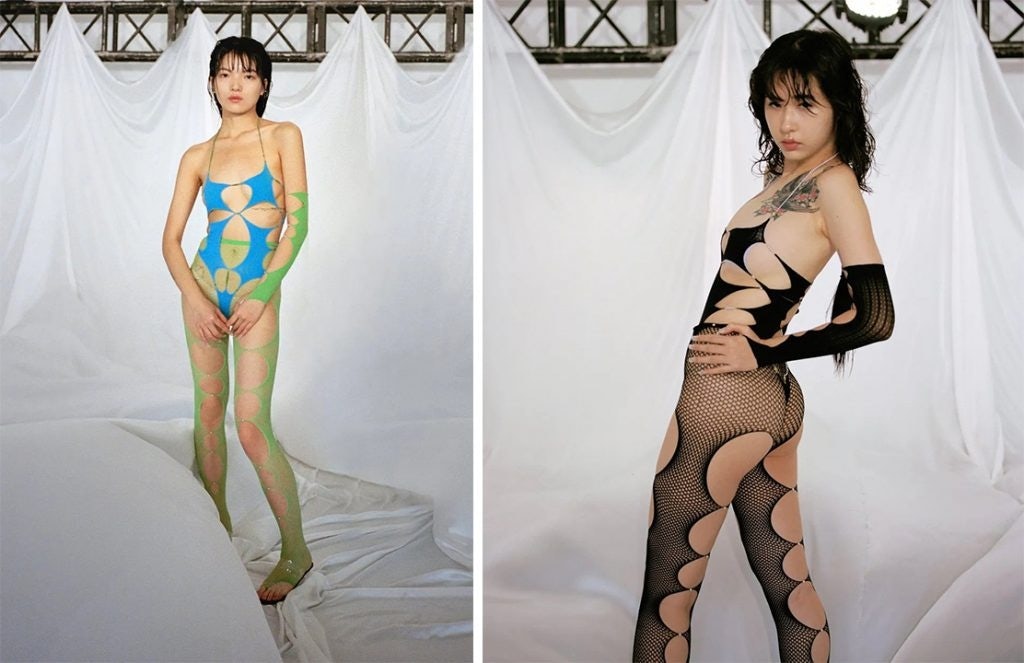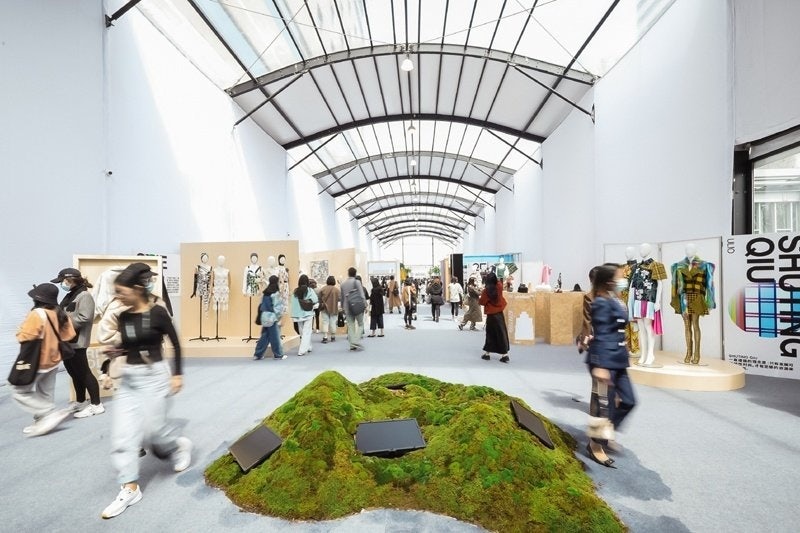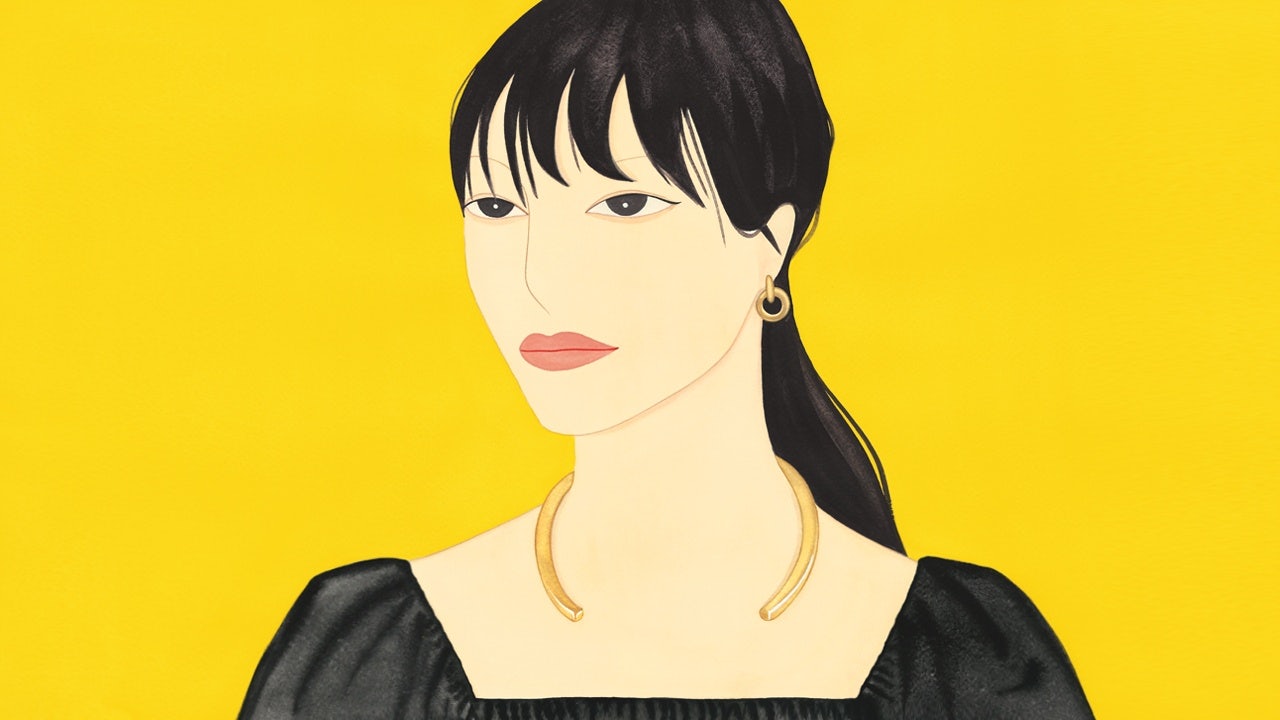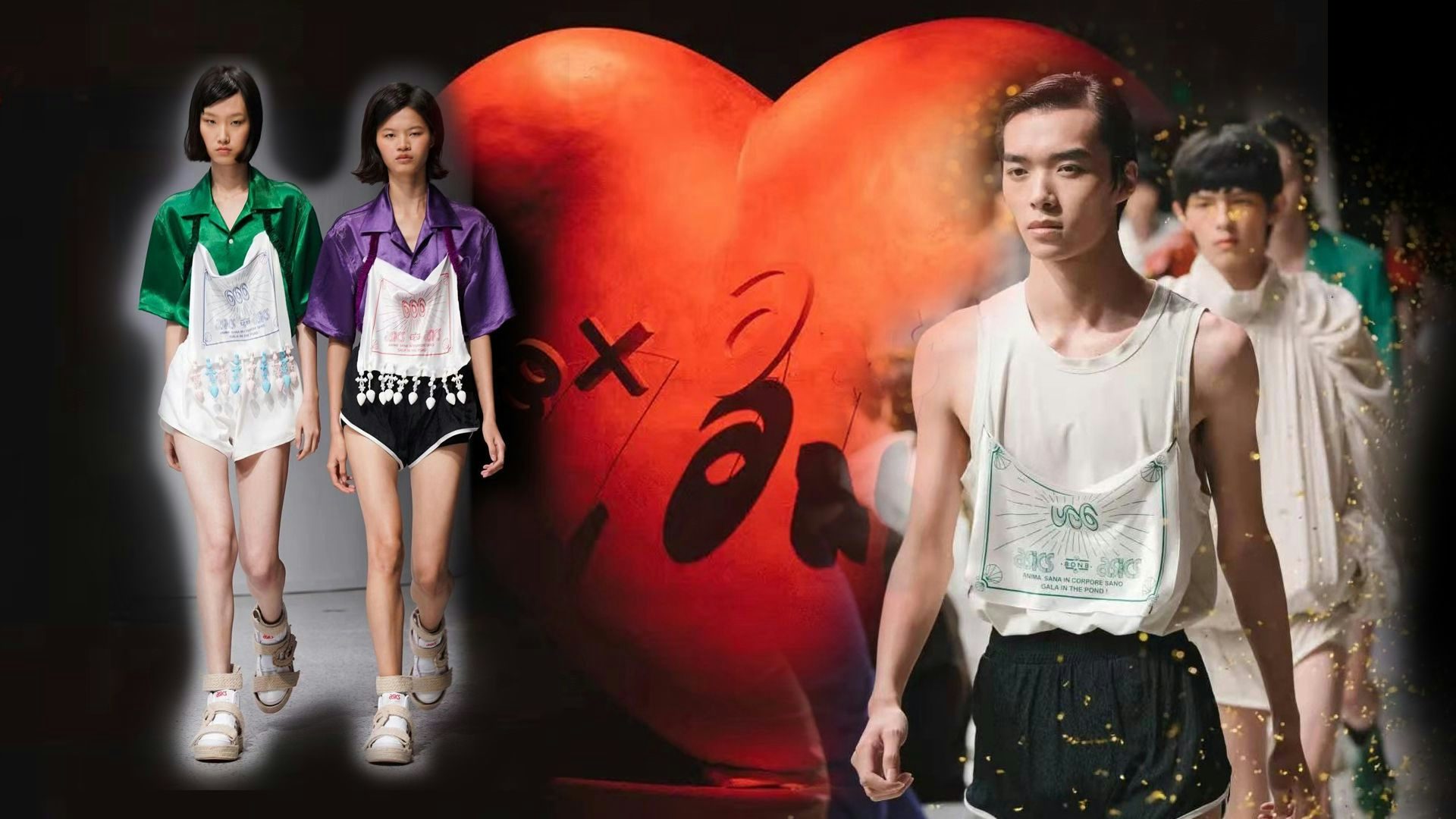Fashion buyer Jillian Xin is the next creative to be highlighted as part of the Jing Daily community of individuals shaping China’s booming fashion industry. This section profiles industry leaders who contribute to the national and global fashion communities, from creatives and influencers to business executives and entrepreneurs.
As an authoritative voice in the fashion industry, Jillian Xin has nurtured young talents for a decade. Now, as the buying director at the creative fashion incubator LABELHOOD, she is witnessing local creatives redefine China, showing the world that the country is not just a copycat factory but rather a new hotbed of creativity.
Xin was born in Yunnan but raised in Hampshire, England. Growing up in a predominantly British environment meant her Chinese identity took a backseat. But marrying a Beijinger and moving back to China 11 years ago forced her to rediscover her roots. She revealed that her dual identity has helped her see the world through multiple lenses, and she sees herself as a bridge between East and West.
A graduate from the London School of Economics (with a degree in Economics), Xin began her career in management consulting in London. But in 2011, she took a completely different pathway by moving into fashion. Spotting a gap in the Chinese market for independent fashion labels, Xin founded XINLELU, a multi-brand e-commerce platform & boutique that was voted one of the top-10 stores in Shanghai by Time Out Magazine. Subsequently, Forbes named her in their 30 Under 30 list.
In 2014, she sold her business and moved to Hong Kong to work for luxury retailer Lane Crawford, where she launched the Next New Department — an initiative that supports young talents. And now, she continues to foster local creatives at LABELHOOD by helping them develop, position, and become profitable.
The continual rise of Chinese voices on fashion's international stage is inevitable. For the first time, a local designer was shortlisted as a finalist for the LVMH Prize, influential multi-brand retailers are starting to stock domestic labels, and Western brands are collaborating with more Chinese names than ever. Brands under Xin's umbrella now include Angel Chen, SHUSHU/TONG, and RUI, all of which have earned global recognition.

Below, Jing Daily spoke to Xin, hoping to learn more about what is behind China's recent surge of talent and if those designers can break out internationally.
Did you know you had an eye for fashion back when you founded your multi-brand retail store, XINLELU?#
Actually, not at all. I was 23 when I opened that shop in Shanghai, and, looking back, it was really an act of rebellion against my previous career path, management consulting. I just wanted to do something different and make an impact, but I was so young and incredibly clueless. I found the entire experience of entrepreneurship — starting something on my own — incredibly lonely. It didn’t suit me at all. Honestly, working for Lane Crawford and being part of a much bigger team where everybody is so passionate about fashion and having the opportunity to start the Next New department is where I really rediscovered my passion: nurturing young talents.
What are the trends and opportunities you have spotted over the years while working with local designers?#
The rise of Chinese designers has, of course, been the trend. I really believe that we are at a special time in history when China is going through a creative renaissance. Over the last five to ten years, it has seen a surge of creative expression and design innovation. I feel so lucky to witness it all and to be part of this wave from the beginning. I love seeing these young designers redefine China and show the international community that the country is not a copycat factory but a hotbed of creativity and ideas.
Your fashion incubator, LABELHOOD, has been a point of reference for young designers. But how exactly do you support local talents?#
We try to support them in many ways — from developing and positioning their brand to amplifying and promoting their message or brand DNA. And, of course, we try to help them to sell. In essence, we try to turn talent and passion into viable and profitable businesses while problem-solving anything and everything along the way. For instance, we felt that designers didn't have a platform in China that presented their work correctly, so we decided to make one ourselves. And today, we are continuing to launch new designers through our runway presentations by joining Shanghai Fashion Week.

Do you see any gaps in the local fashion market?#
I would like to see more high-end luxury Chinese brands. I think mass-market and contemporary price points are saturated right now. But there are still very few successful high-end luxury brands from China. It would also be great to see more sustainability-minded labels as well.
Now that an increasing number of Chinese talents have established their names in China, do you think they can conquer the international stage, as well?#
Absolutely. That is inevitable, and I think the fashion community is always looking for something new and relevant. Right now, Chinese designers are meeting that demand. Furthermore, Chinese consumers are incredibly globalized and working to accelerate this shift. Even with COVID-19, international students are championing local labels overseas. And this purchasing power means that big international retailers like Dover Street Market, Selfridges, Galeries Lafayette, and Browns are increasingly buying Chinese designers. And, a lot of them are ready in terms of aesthetic and quality. Now, it is about domestic brands understanding what is relevant to the international consumer and translating that DNA into a more global mindset.
How much do you think sustainability matters to local consumers? Did you see a shift in consumer behavior post-pandemic?#
Sadly, I don’t think sustainability is top of mind for Chinese consumers for various reasons, especially when buying less. The prevailing feeling among consumers is to enjoy the country’s relatively newfound prosperity rather than worry about an existential environmental crisis. But I don’t think Chinese consumers are selfish. I think capitalist consumption is still a relatively recent phenomenon in China compared to the West, so there is still a lot of momentum before scaled-back spending takes hold. But things are changing, especially among Gen-Z consumers. I am confident sustainability will become a priority eventually because, soon enough, its urgency will affect us all.


